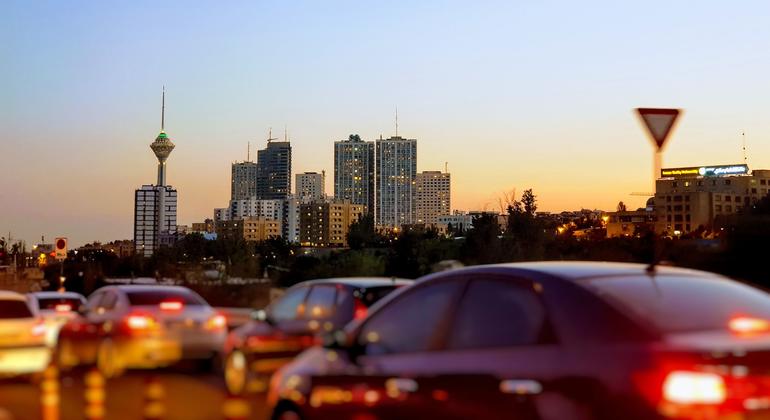The recent advocacy paper released by the United Nations Human Rights Council sheds light on the grave violations of human rights that have been occurring in Iran, specifically targeting ethnic and religious minorities. The paper outlines various ways in which Iranian security forces have been violating the rights of these minority groups, including extrajudicial executions, unnecessary use of lethal force, arbitrary arrests, torture, rape, and other crimes against humanity. These violations are described as the direct result of long-standing discrimination that has been perpetuated against these minority communities in Iran.
The impact of these violations on the affected communities is said to be immeasurable, with the paper emphasizing that the social fabrics of these communities have been irreversibly changed. Women belonging to ethnic and religious minorities are reported to experience distinct harms that are exacerbated by existing discrimination and violence against them as both women and members of minority groups. The paper also highlights the transgenerational impact on children, with the multifaceted harms expected to last for decades to come. In addition to the Kurds and Baluch minorities, Azerbaijani Turks and Ahwazi Arabs have also been severely impacted by these violations.
The catalyst for the protests in Iran was the unlawful killing of Jina Mahsa Amini, a 22-year-old Iranian-Kurdish woman, in September 2022. Amini was arrested for not complying with Iran’s laws on mandatory hijab, sparking outrage among minority communities. The protests, which continued into 2023, were predominantly led by individuals from ethnic and religious minorities. The advocacy paper points out that the pre-existing heavy military and security presence in minority-populated border regions created an environment conducive for the Iranian state to crack down on the protests, resulting in numerous deaths and injuries.
Despite the widespread abuses and violations documented by the Fact-Finding Mission, trials following the protests were reported to be marred by fair trial and due process violations. The paper highlights the failure of accountability for the actions of Iranian security forces, with no meaningful criminal investigations into the abuses taking place. The Mission calls for transformative measures of reparations and accountability at both national and international levels to secure the rights of the victims of these human rights violations.
The International Fact-Finding Mission is comprised of independent human rights experts appointed by the UN Human Rights Council. These experts are not UN staff and do not receive payment for their work, ensuring their impartiality and commitment to upholding human rights standards. The Mission’s findings serve as a crucial reminder of the ongoing struggle for justice and accountability in Iran, and the urgent need for action to protect the rights of minority communities in the country.









